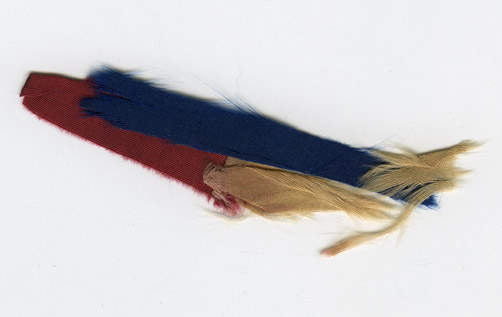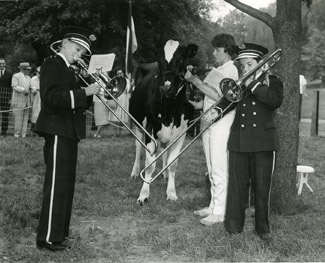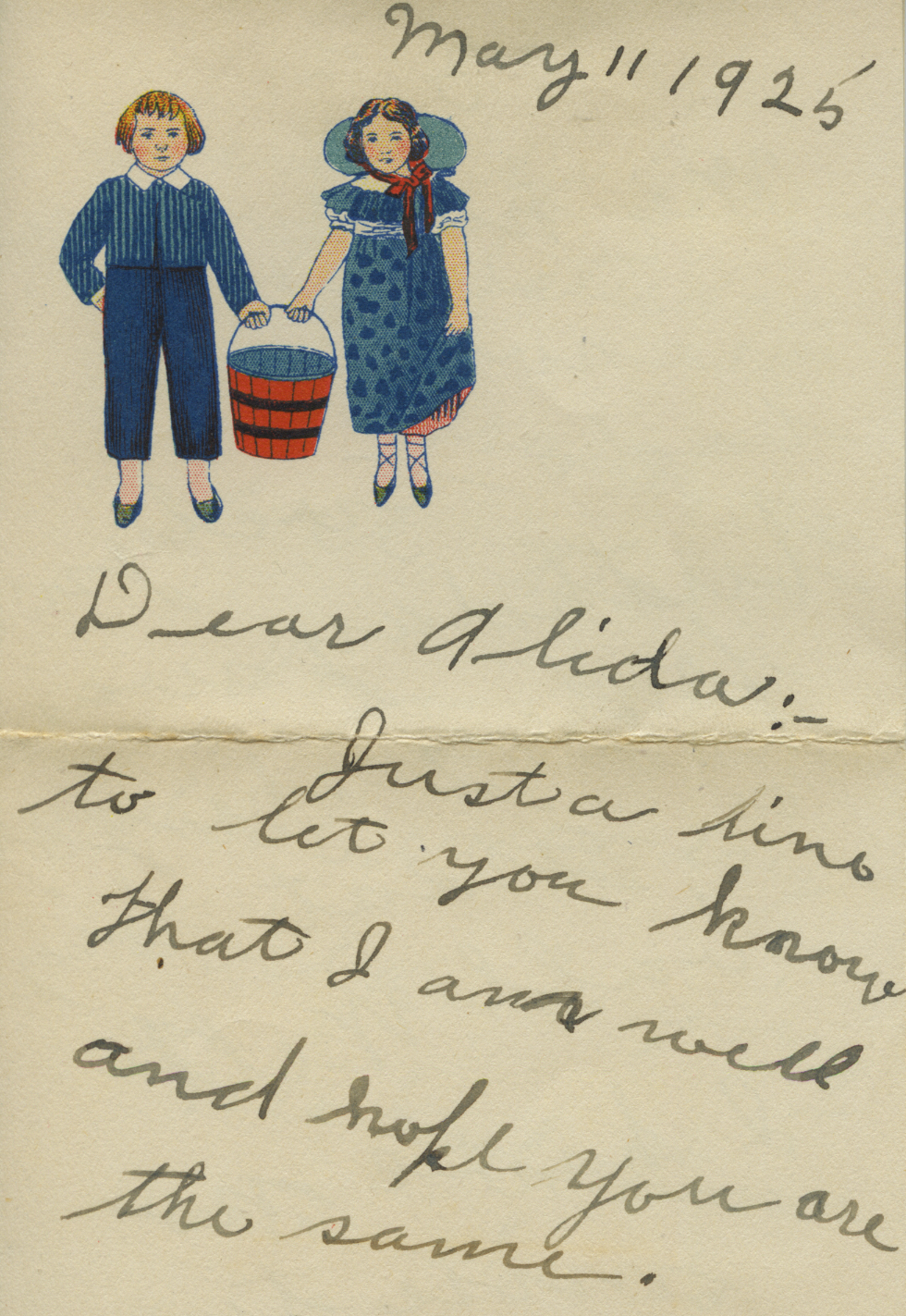Alonzo A. Peasley Diaries

Born in Dorchester, Mass., Alonzo A. Peasley enlisted in the 1st Massachusetts Infantry in May 1861, only weeks after the outbreak of the Civil War. Sent almost immediately southward, Peasley’s regiment was deployed in the Battles of Glendale and First Bull Run in July, and served with the Army of the Potomac throughout the Peninsular Campaign, Frederickbsurg, and Chancellorsville. As part of the 2nd Division, 3rd Army Corps on July 2, 1863, the 1st Massachusetts suffered a 40% casualty rate during fierce fighting along the Emmitsburg Road in Gettysburg, with Peasley sustaining serious wounds. Hospitalized for several months, he was transferred to the Veterans Reserve Corps to serve out his enlistment. In later life, Peasley worked as a letter carrier in Boston.
Exceptionally well-written, observant, and above all active, Peasley’s diaries offer a fine account of a private’s life in the Civil War. The two volumes include detailed descriptions of life in the 1st Massachusetts Infantry covering the entire period from the day the regiment left the state in June 1861 until the time of Peasley’s wounding at Gettysburg in July 1863. Among the highlights are a minutely detailed, thoroughly extended account of Peasley’s first major engagements (Blackburn’s Ford and First Bull Run), excellent account for the Peninsular Campaign, and a stunning account of the Second Battle of Bull Run.




